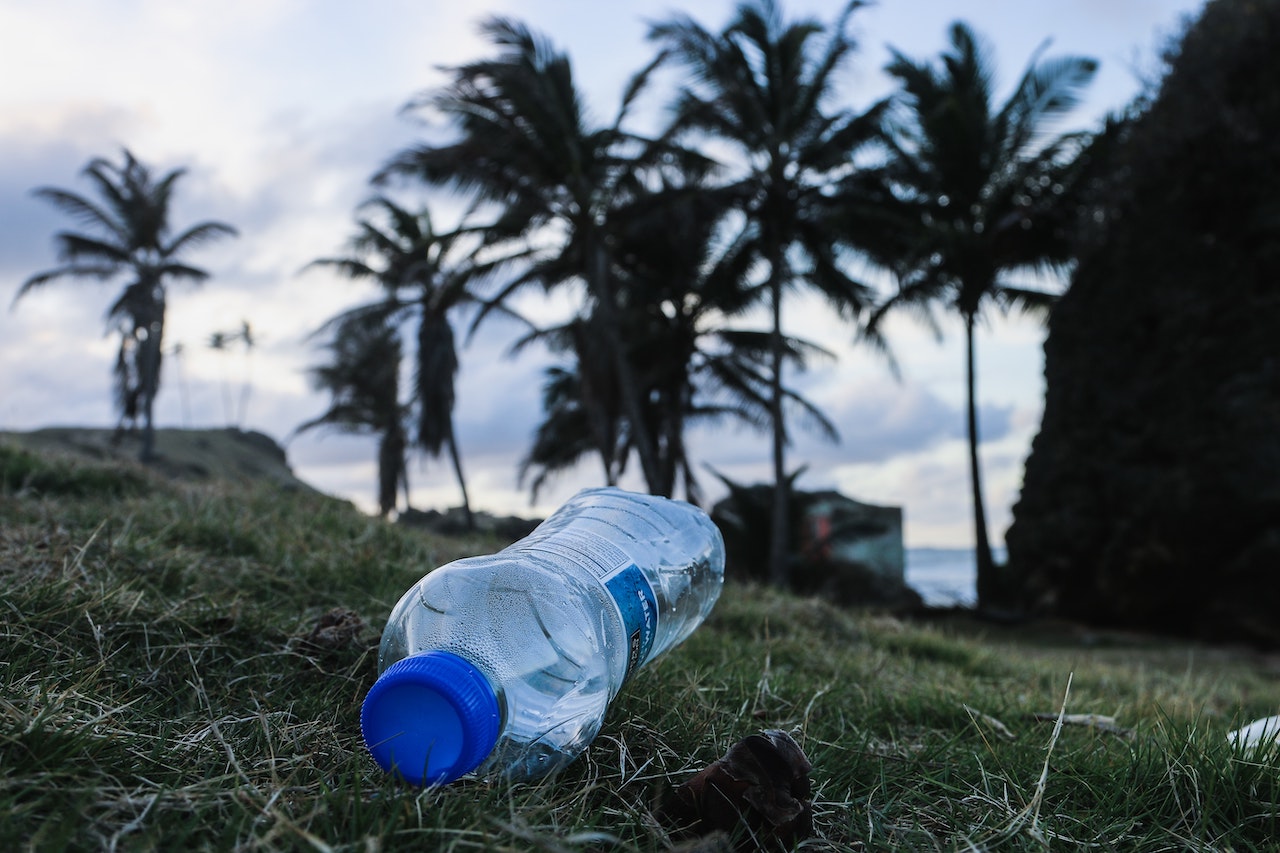UK Research and Innovation (UKRI) and WRAP are collaborating to develop a Plastics Pact in India, aimed at enhancing ‘knowledge exchange’ between the UK and India.
The pact will complement India’s existing initiatives, designed to reduce plastic use and overcome the waste management challenges associated with disposing of it – further, it will connect government, industry, researchers and practitioners, providing a more cohesive way of working together.
The organizations say the India Plastics Pact ‘could be the first in the whole Asia region’, acting as a ‘beacon for other countries in the region to learn from and replicate’.
The scheme will be built around the success of the UK’s own initiative which WRAP launched in 2018 to create a circular economy for plastics, bringing together businesses up and down the value chain and linking them with government and NGOs.
WRAP will work with local partners and businesses in India to ‘explore and agree targets and associated workstreams that meet the needs on India’.
The Pact will address:
- The reduction of unnecessary single-use plastic packaging through redesign, innovation or alternative delivery models
- A renewed focus on the supply of plastic packaging which is reusable, recyclable or compostable
- Ways to increase the volume of plastics which are recycled or composted.
The partnership will see UKRI engage with major global companies, explore novel solutions and unlock investment, committing £250k towards the funding of the project.
Dr Richard Swannell, WRAP international director comments: “We are delighted to be working with UKRI on this exciting global initiative. We look forward to building on our expertise and knowledge gained through our work on The UK Plastics Pact and the launch of a number of international pacts including the new South African Plastics Pact. We will be working collaboratively with local partners in India to shape a pact that is tailored to local circumstances and needs, which will not only help to reduce the level of plastic waste entering the environment, but also help to drive further investment and growth in India and the circular economy.”





